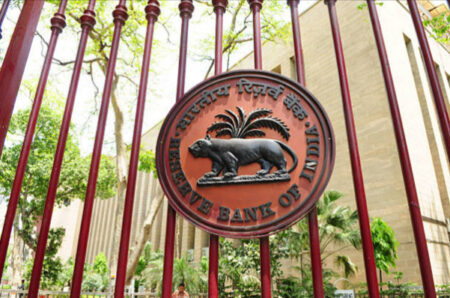Highlights

Big Changes Coming to F&O Trading
The National Stock Exchange (NSE) has recently made an announcement that is set to shake up the world of Future & Option (F&O) trading. From March 30, 2024, the ‘Do Not Exercise’ (DNE) feature for F&O traders will be eliminated, and this will have significant implications for the volume of options trades. This move is aimed at discouraging high-risk options trading and increasing cash trading, which could be beneficial for low-risk traders and investors. However, it may impact F&O traders, and they need to be more careful from the next financial year.
F&O trading is a popular form of investment in the stock market, where traders can buy or sell contracts that allow them to trade stocks at a predetermined price on a specific date in the future.
The DNE feature has been a popular option for traders who want to avoid exercising their options when the price is unfavorable, and instead, choose to leave their position open for settlement later. This feature has been available for both stock option and index option traders, but from March 30, 2024, it will only be available for index option traders.
Traders Will Face Higher Margins and Penalties

The removal of the DNE feature for stock option traders means that from the next month, the settlement will move into the cash delivery segment. Traders will be required to pay a higher margin to take delivery, as well as interest and penalty if they have taken the strike without having the full amount in their demat account. This will make it more difficult for traders who do not have the full amount in their demat account to take delivery of the stock and could lead to significant losses for those who are unprepared for this change.
What do Experts Suggest?

Experts in the stock market suggest that the removal of the DNE feature could discourage high-risk options trading and increase cash trading, which is advantageous for low-risk traders and investors. This move by NSE will also make the market more transparent and fair, as traders will be required to pay the full amount for the stocks they have traded. However, it may also impact F&O traders who need to be more cautious from the next financial year to avoid penalties and interest payments.
Avinash Gorakshkar, Head of Research at Profitmart Securities, explained that if an option trader leaves their position after the strike under the current DNE facility, the position would automatically get squared off, and one need not pay the residual amount other than the margin money used for the strike. However, from next month, this auto square-off facility won’t be available, and in that case, the trader’s position will go into delivery for settlement, and they will have to deposit the residual money if they had only margin money in their demat account.
Anuj Gupta, Vice President, of Research, IIFL Securities, added that under the new NSE F&O rules applicable from next month, if traders leave their strike open, they would have to pay 100% worth of stocks. This includes strikes that option traders used to exercise at the end of the expiry session, leaving their strike for auto settlement. If a stock options strike goes into delivery and a trader has no cash in their demat account, brokers will levy interest and penalty on the trader that ranges from 15 to 20%, depending on the broker’s penalty rule.
To avoid losses due to the non-availability of the DNE facility, Avinash Gorakshkar suggested not waiting for the last date of the expiry to square off one’s strike, as it might be difficult to find a counter-party to one’s position, leading to the stock options strike going into delivery. Traders should square off their strike a little earlier than the expiry date. If they want to go into delivery, they should keep the full amount in their demat account to avoid penalties and interest payments on the residue amount after the premium payments.
This is not the first time NSE has eliminated the DNE feature for F&O traders. It was previously abolished on October 14, 2021, but it was reinstated on April 28, 2022, after traders complained about brokers not informing them about the change.
Read More: NSE monitors adherence to insider trading laws












